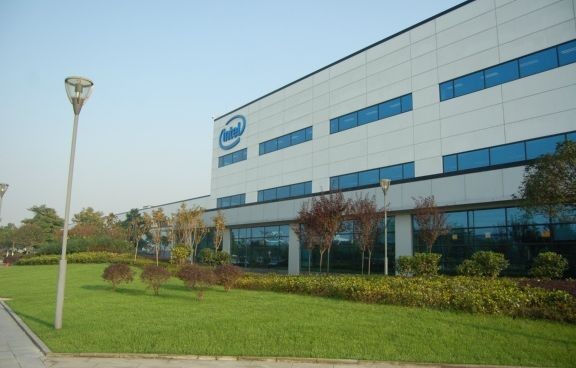Microchip maker Intel Corp. will be investing $1.6 billion within the upcoming 15 years to upgrade its Chengdu chip factory in China's Sichuan Province.
Intel said that its investment plan includes implementing its newest advanced technology for testing with other upgrades such as assembly operations and die preparation.
The tech firm said that the investment is a step to support Intel's business strategies in its communication and computing sectors, specifically in its mobile devices business, which include smartphones, tablets, wearable tech and the Internet of Things.
Intel is planning to further expand its mobile sector in China. The U.S. firm entered the mobile business late as mobile phone usage started to grow since the early 2000s.
The x86 microprocessors from the California-based chip manufacturer were mostly used for desktop PC as it consumes a lot of power. As a result, smartphone manufacturers chose to use ARM-based processors, which have lower power consumption.
Intel hopes that smartphone and wearable tech makers in China will aid in the firm's plan to win market share from the ARM chip users.
Intel's technology and manufacturing group executive vice-president William Holt said that its investment in the China-based site shows the firm's intent to innovate with the country. He also said that the upgrades for the Chengdu factory will boost the IT industry in China and will also help in driving economic growth for the region.
Intel already invested $600 million in its Chengdu site, which started operating in 2005.
Intel Chengdu general manager Bian Chenggang said that the new investment will aid in the further development of Sichuan Province's supply chain, attract new talents and will boost growth for the local technology ecosystem.
Accenture Technology Labs managing director Liu Dong said that local chip manufacturers should prepare for foreign firms that will push China to become an international electronics manufacturing hub.
"An increasingly open market will also help the Chinese IC industry grow and catch up with the global market," said Liu.
China announced in November that an agreement to cut taxes on high-tech product imports from the U.S. is being discussed.



























